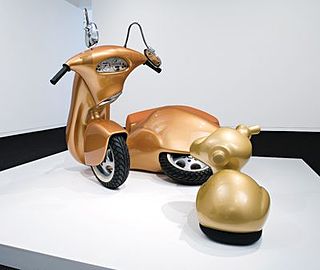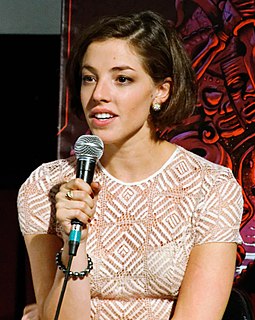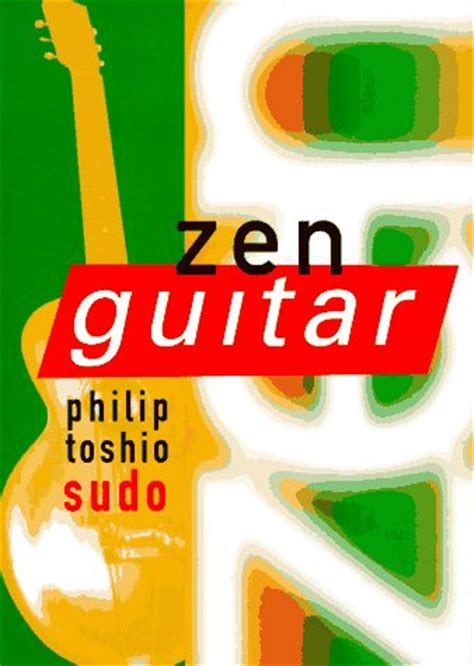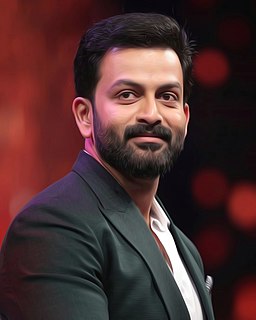A Quote by Peter Greenaway
I wanted to make a cinema of ideas, not plots, and to use the same aesthetics as painting, which has always paid great attention to formal devices of structure, composition and framing.
Related Quotes
I always think about visual comedy. I was raised watching silents, and I'm always thinking about how to make cinema, not good talking - although I want good talking. I'm much more interested in framing, composition, and orchestration of bodies in space, and so forth. My goal is always what Chuck Jones wanted his Warner Brothers cartoons to be, which was if you turn down the sound, you could still tell what's going on.
Then you learn about composition, you learn about old masters, you form certain ideas about structure. But the inhuman activity of trying to make some kind of jump or leap, where , the painting is always saying, 'What do you want from me? I can only be a painting.' You have to go from part to part, but you shouldn't see yourself go from part to part, that's the whole point.
I don't think so much about verbal comedy. I always think about visual comedy. I was raised watching silents, and I'm always thinking about how to make cinema, not good talking - although I want good talking. I'm much more interested in framing, composition, and orchestration of bodies in space, and so forth. My goal is always what Chuck Jones wanted his Warner Brothers cartoons to be, which was if you turn down the sound, you could still tell what's going on. I think if you watch most of my films with the sound off, you could still tell what's going on.
Cinema doesn't connect with the body as artists have in two thousand years of painting, using the nude as the central figure which the ideas seem to circulate around. I think it is important to somehow push or stretch or emphasize, in as many ways as I can, the sheer bulk, shape, heaviness, the juices, the actual structure of the body. Cinema basically examines a personality first and the body afterward.
Suddenly, I saw it in a new way, as a picture that offered me a new view, free of all the conventional criteria I had always associated with art. It had no style, no composition, no judgment. It freed me from personal experience. For the first time, there was nothing to it: it was pure picture. That's why I wanted to have it, to show it - not use it as a means to painting but use painting as a means to photography.
Cinema is a kind of pan-art. It can use, incorporate, engulf virtually any other art: the novel, poetry, theater, painting, sculpture, dance, music, architecture. Unlike opera, which is a (virtually) frozen art form, the cinema is and has been a fruitfully conservative medium of ideas and styles of emotions.
I don't think so much about verbal comedy. I always think about visual comedy. I was raised watching silents, and I'm always thinking about how to make cinema, not good talking - although I want good talking. I'm much more interested in framing, composition, and orchestration of bodies in space, and so forth.
When you play guitar you are drawing a frame around a moment and saying to the listener, 'Here is how I want you to experience this. How you begin and end a solo is framing, How you structure a song is framing, how you present yourself onstage is framing. See every corner, not just the center, framing should heighten the impact of the art and give clarity to your vision.
Though I consider The Chronology of Water to be an anti-memoir for very precise reasons, it is an art form, and thus as open to "critique" as any other art form. Memoir has a form, formal strategies, issues of composition and craft, style, structure, all the elements of fiction or nonfiction or painting or music or what have you.
In some exquisite critical hints on "Eurythmy," Goethe remarks, "that the best composition in pictures is that which, observing the most delicate laws of harmony, so arranges the objects that they by their position tell their own story." And the rule thus applied to composition in painting applies no less to composition in literature.



































